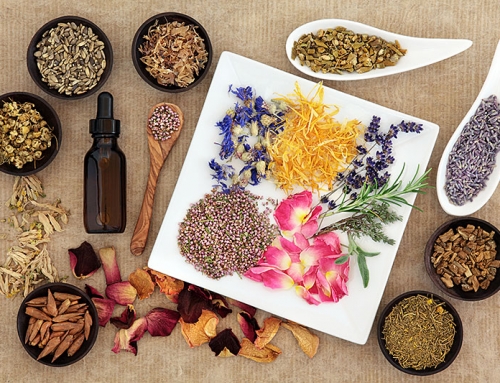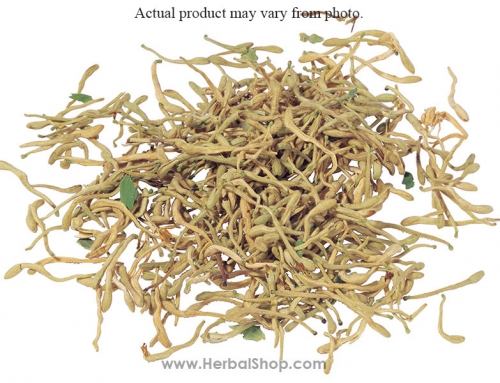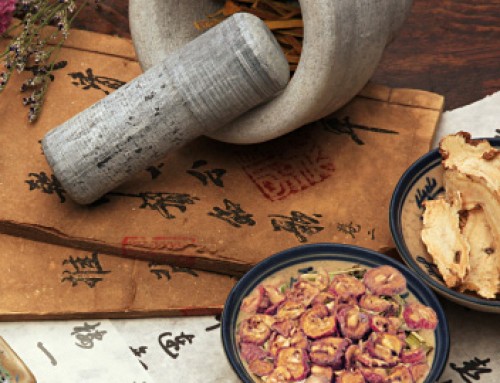荊芥
Schizonepeta (Jingjie)
Pharmaceutical Name: Herba seu Flos Schizonepetae
Botanical Name: Schizonepeta tenuifolia Briq.
Common Name: Schizonepeta
Source of Earliest Record: Shennong Bencao Jing
Part Used: The aerial part of the plant is gathered in autumn and winter, dried in the shade and cut into pieces. It can be used raw or baked until yellow and black in color.
Natural Properties & Taste: Pungent and warm
Meridians: Lung and liver
Therapeutic Effects:
1. To release the exterior and expel wind.
2. To stop bleeding.
Indications:
1. Wind-cold exterior syndrome manifested as headache, chills, fever and absence of sweating. Schizonepeta (Jingjie) is used with Ledebouriella root (Fangfeng) and Notopterygium root (Qianghuo).
2. Wind-heat exterior syndrome manifested as fever, headache, sore throat and slight sweating or no sweating. Schizonepeta (Jingjie) is used with Forsythia fruit (Lianqiao), Mentha (Bohe) and Platycodon root (Jiegeng) in the formula Yin Qiao San.
3. Measles and skin eruption with itching. Schizonepeta (Jingjie) is used with Mentha (Bohe), Cicada slough (Chantui) and Arctium fruit (Niubangzi) to bring the rash to the surface and alleviate itching.
4. Hemorrhagic diseases, such as epistaxis, bloody stool and uterine bleeding. Carbonized Schizonepeta (Jingjie) is used with the ohter herbs that stop bleeding.
Dosage: 3-10 g
Cautions & Contraindications: To stop bleeding, this herb should be carbonized (or baked until yellow and black in color).






